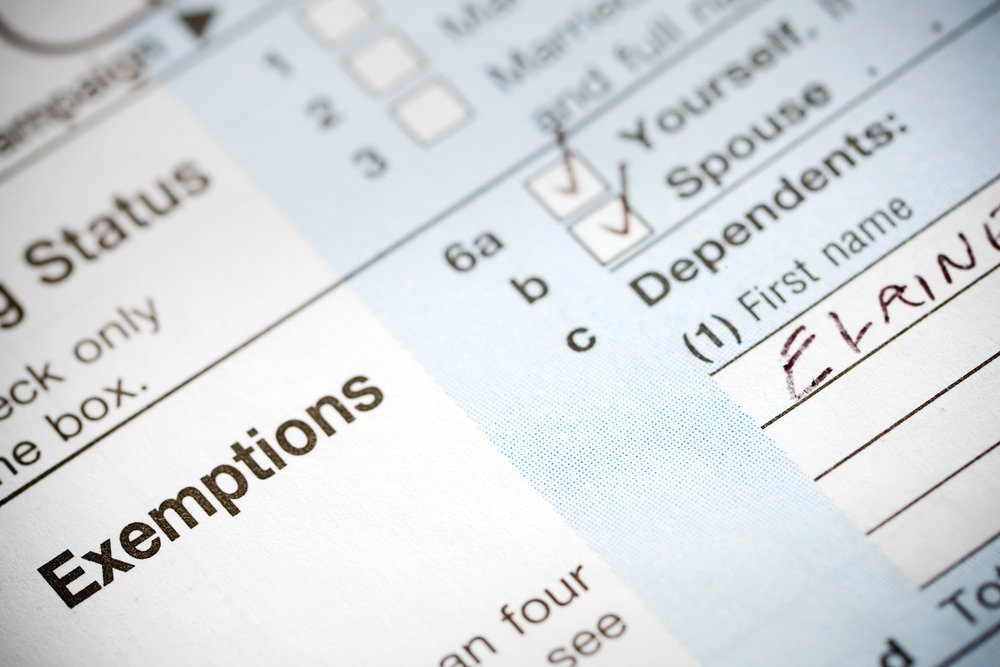By Anthony Diosdi
Recently, the Internal Revenue Service (“IRS”) and the Department of Treasury finalized regulations which allows certain shareholders to make a high tax exception to GILTI inclusions. This exception applies to the extent that the net tested income of a controlled foreign corporation (“CFC”) exceeds 90 percent of the U.S. federal corporate income tax rate. Thus, if the effective foreign tax rate exceeds 18.9 percent, a CFC shareholder can elect to make a high tax exemption. This option allows CFC shareholders to defer the recognition of undistributed GILTI income (and subpart F income) as earnings and profits (“E&P”). The high tax exception can be a very effective tax planning tool. Claiming a high tax exception can also pose a significant compliance challenge.
Where the E&P of a CFC consists in whole or in part of retained earnings, special rules under Internal Revenue Code Section 959 apply to determine the eventual taxation of the item of income. Section 959 determines the ordering and taxation of foreign source income distributions of previously taxed earnings and profits (“PTEP”). PTEPs are reported on Schedule E-1, Schedule J, and Schedule P of IRS Form 5471. PTEPs are also reported on IRS Form 1118. Section 959 sources a PTEP in the following order: 1) PTEP attributable to investments in US property under Section 959(c)(1); 2) PTEP attributable to subpart of income under Section 959(c)(2); and 3) general current and accumulated E&P under Section 959(c)(3).
For purposes of Section 959, any undistributed profits of E&P as the result of claiming the high tax exception should be classified as accumulated E&P under Section 959(c)(3). This is because undistributed E&P as the result of claiming the high tax exemption would be accumulated earnings of the CFC. Once the undistributed profits are distributed to the CFC shareholder, the accumulated earnings would be reclassified to Section 959(c)(2) or Section 959(c)(1) PTEP. The classification and reclassification of undistributed E&P as the result of claiming the high tax exemption should be reported as needed on IRS Form 5471 and IRS Form 1118.
Electing a high tax exemption election and reporting such an election to the IRS is no easy task. If you are a CFC shareholder you should consult with a professional well versed in international tax.
We provide international compliance assistance and international tax planning services to domestic corporations. We also assist other tax professionals who need guidance regarding international tax compliance matters.
Anthony Diosdi is a partner and attorney at Diosdi Ching & Liu, LLP, located in San Francisco, California. Diosdi Ching & Liu, LLP also has offices in Pleasanton, California and Fort Lauderdale, Florida. Anthony Diosdi advises clients in tax matters domestically and internationally throughout the United States, Asia, Europe, Australia, Canada, and South America. Anthony Diosdi may be reached at (415) 318-3990 or by email: adiosdi@sftaxcounsel.com.
This article is not legal or tax advice. If you are in need of legal or tax advice, you should immediately consult a licensed attorney.
